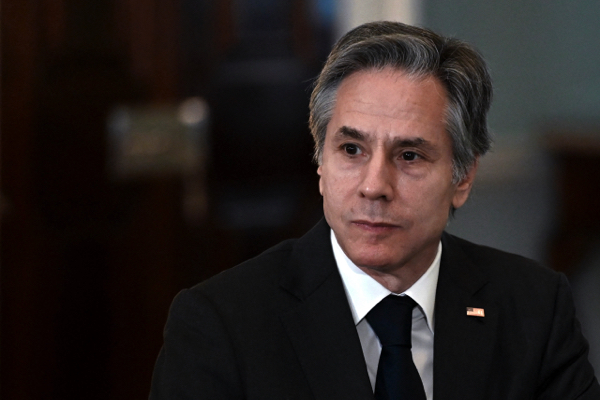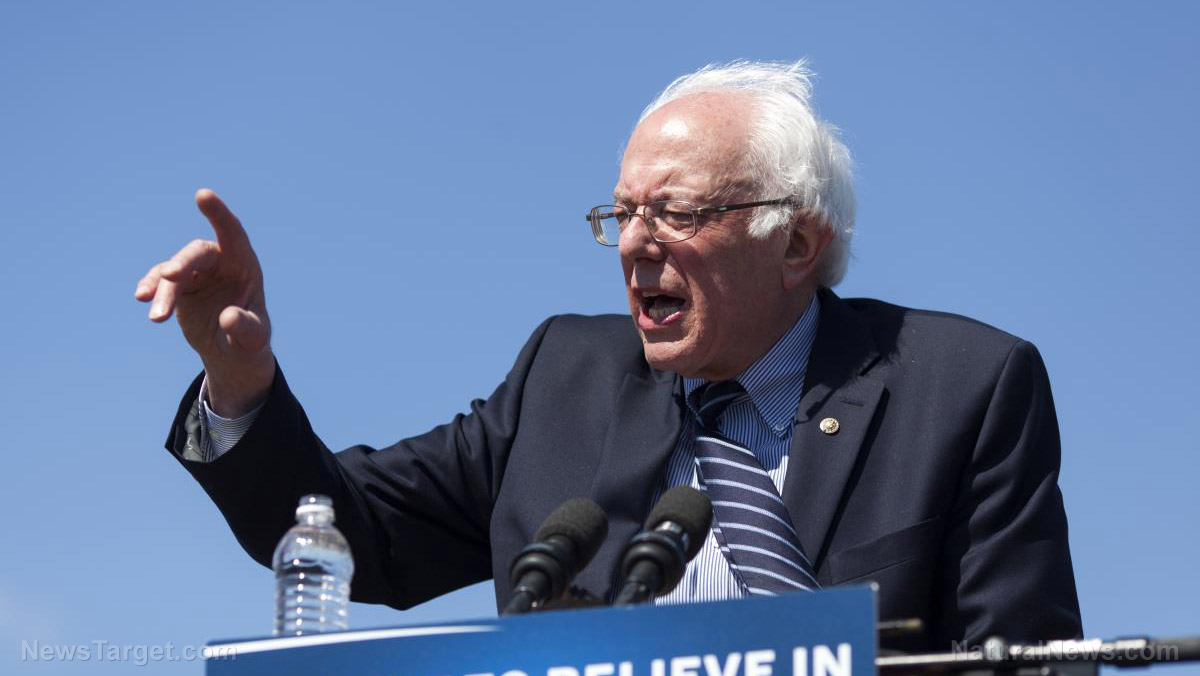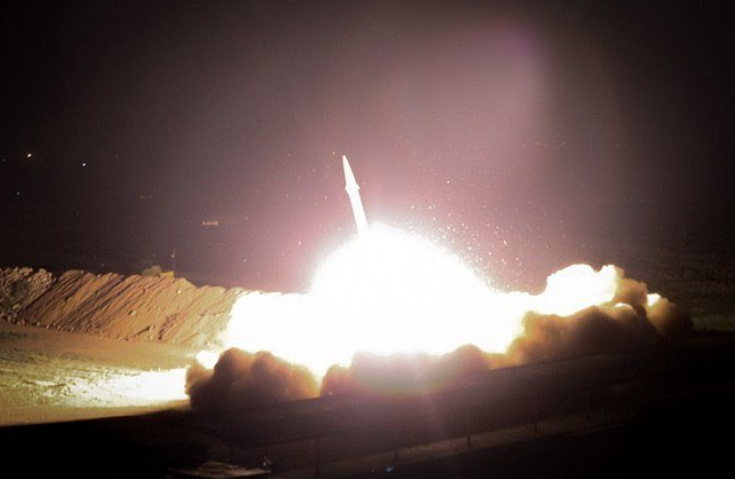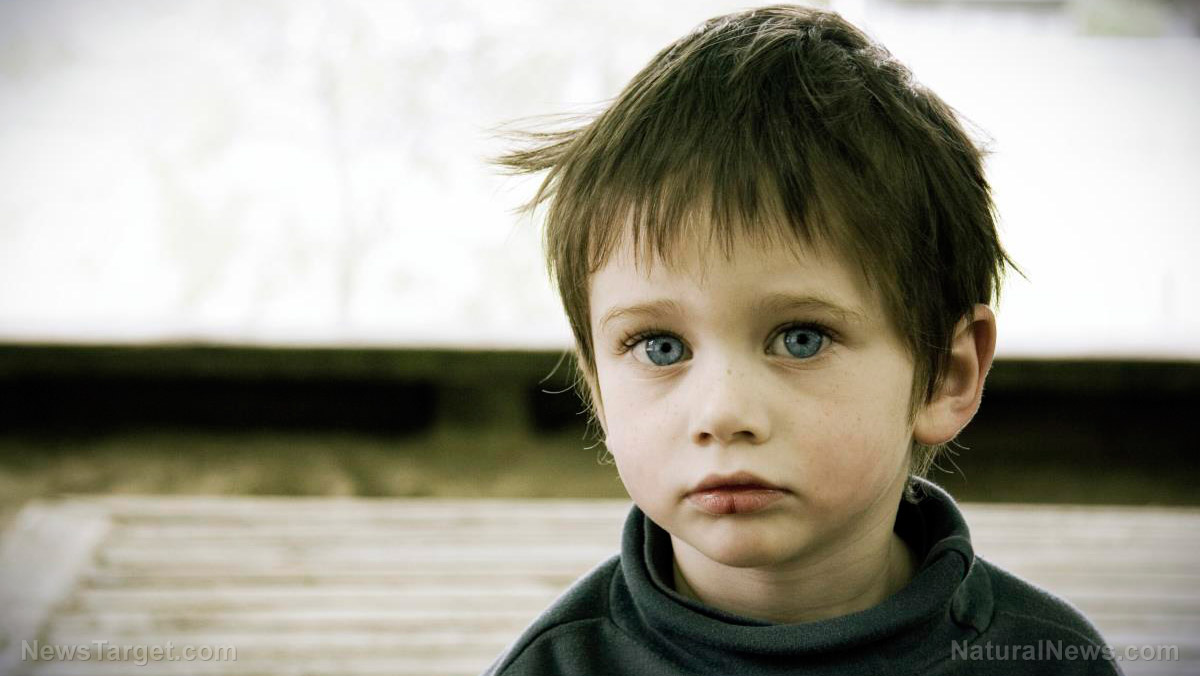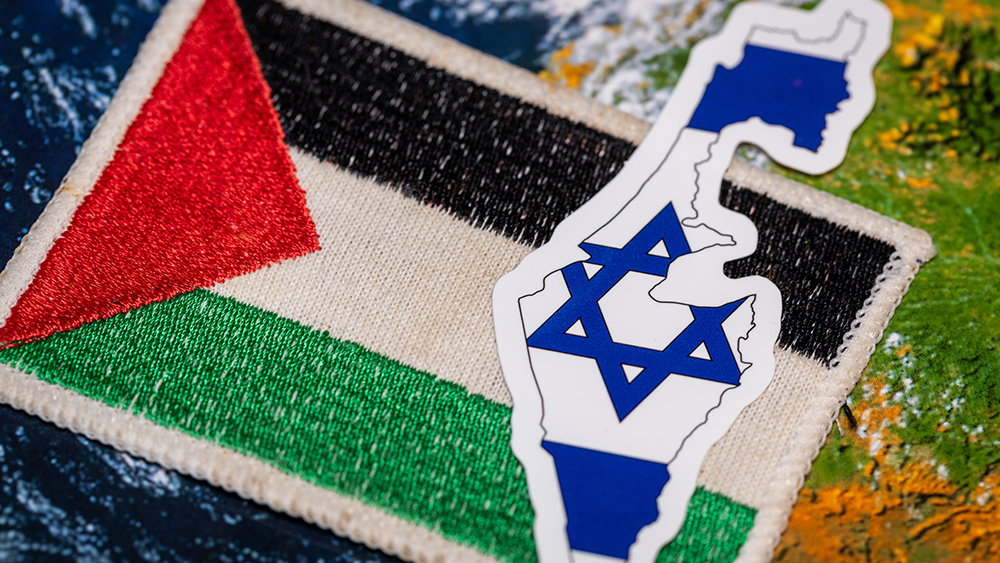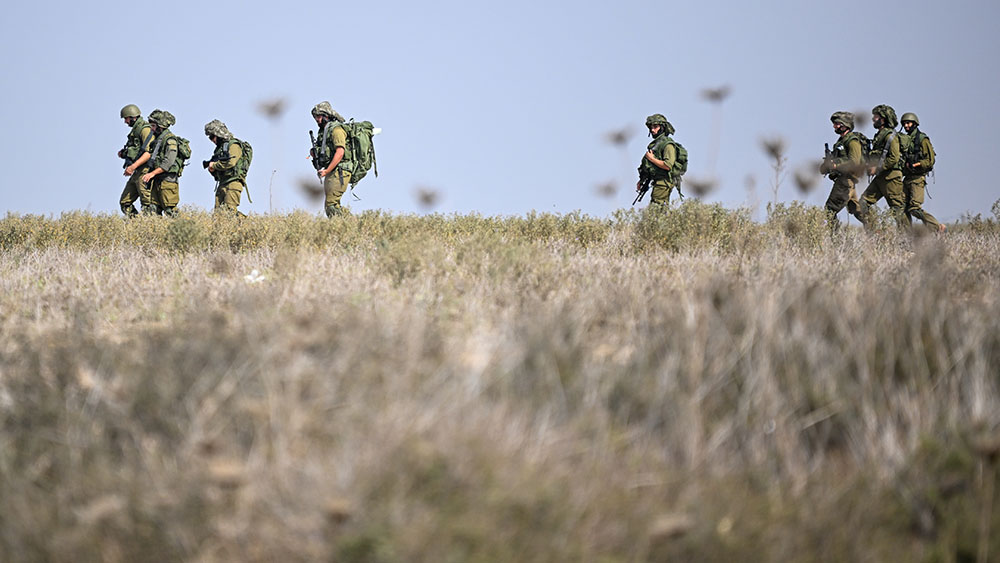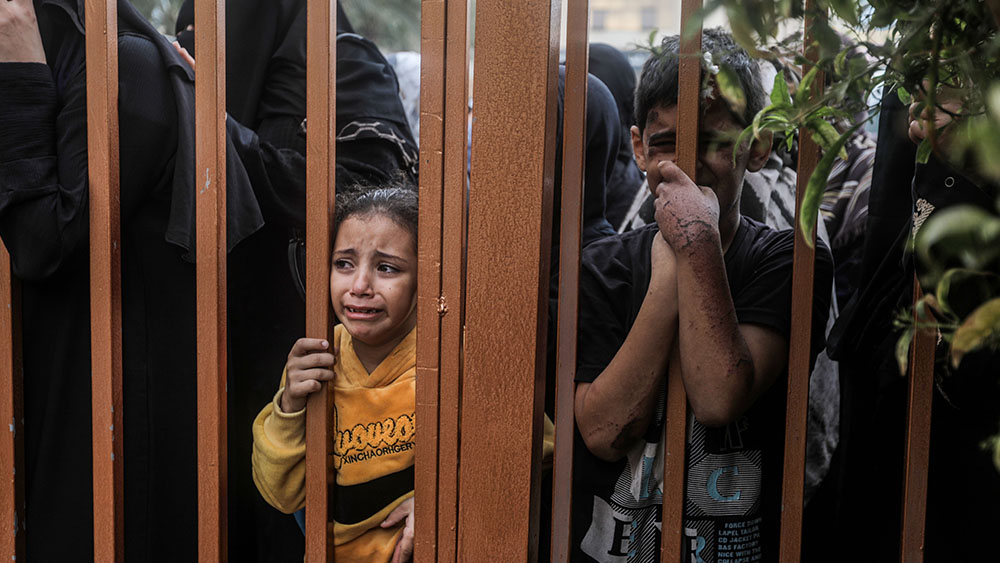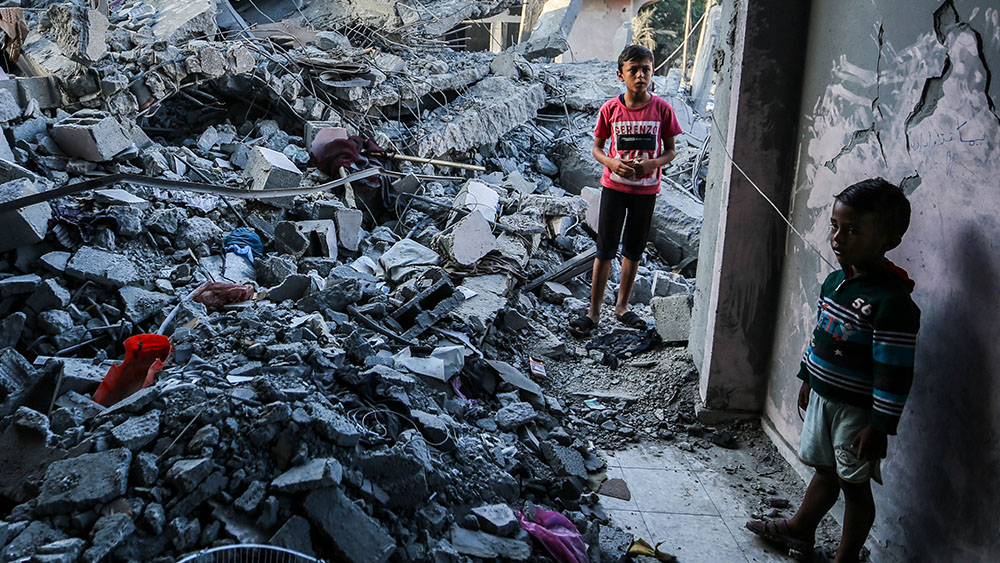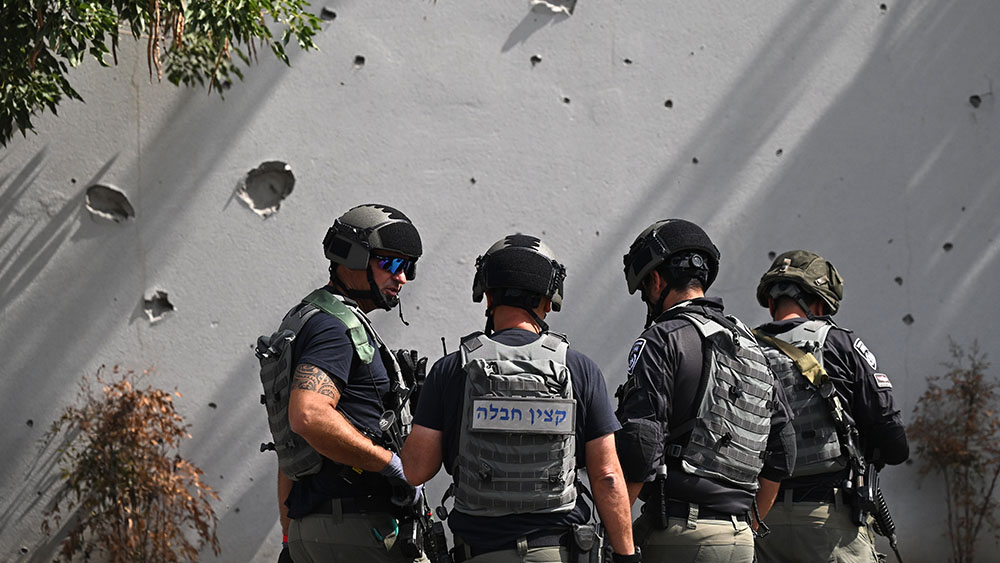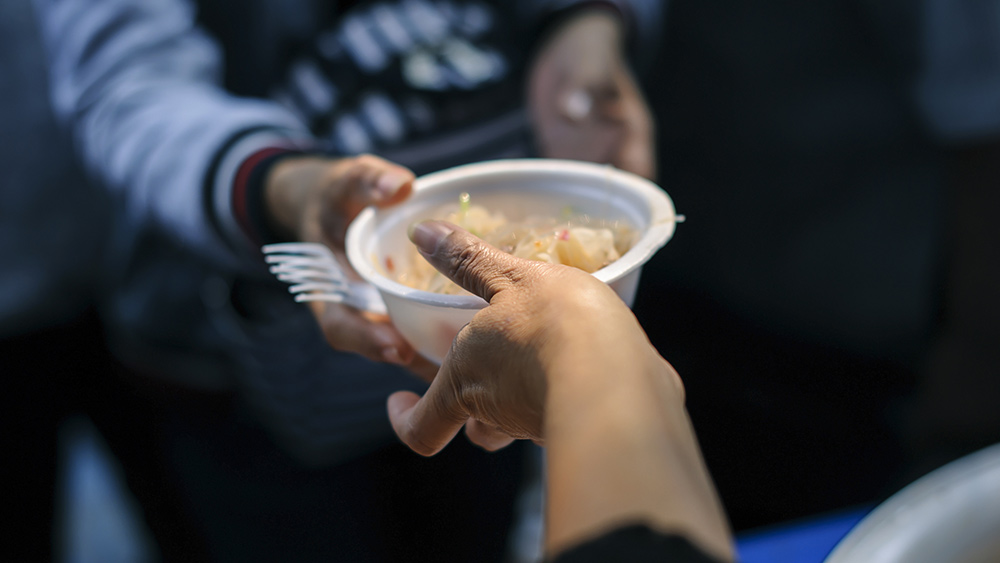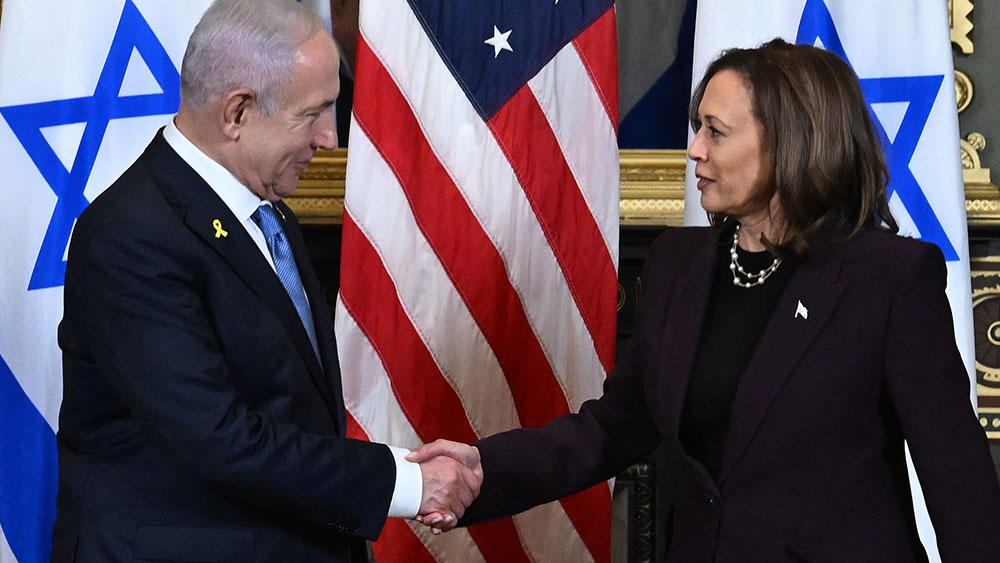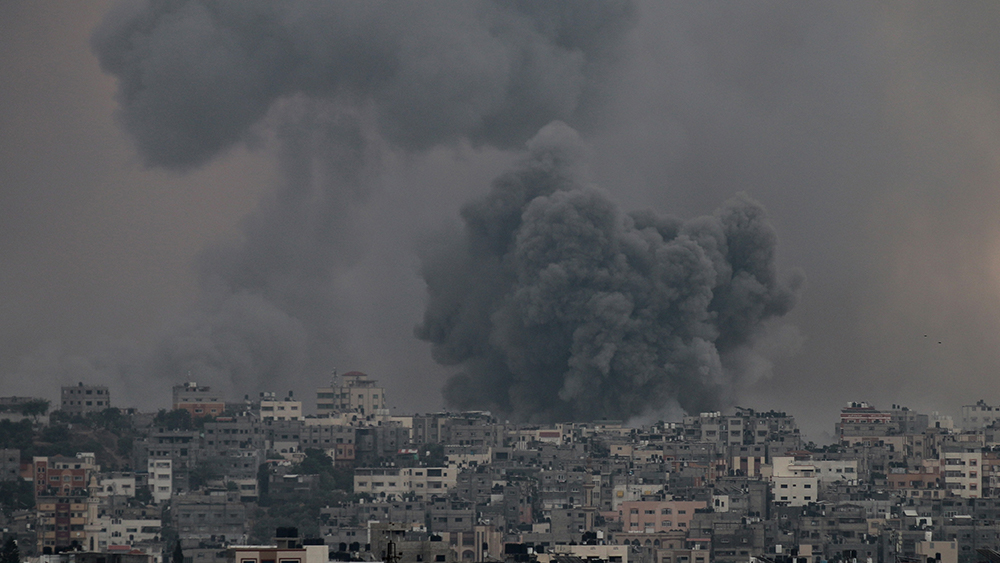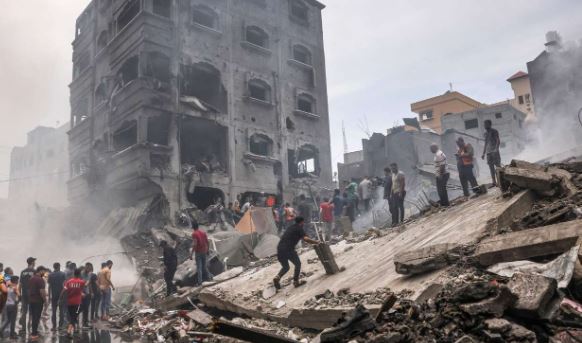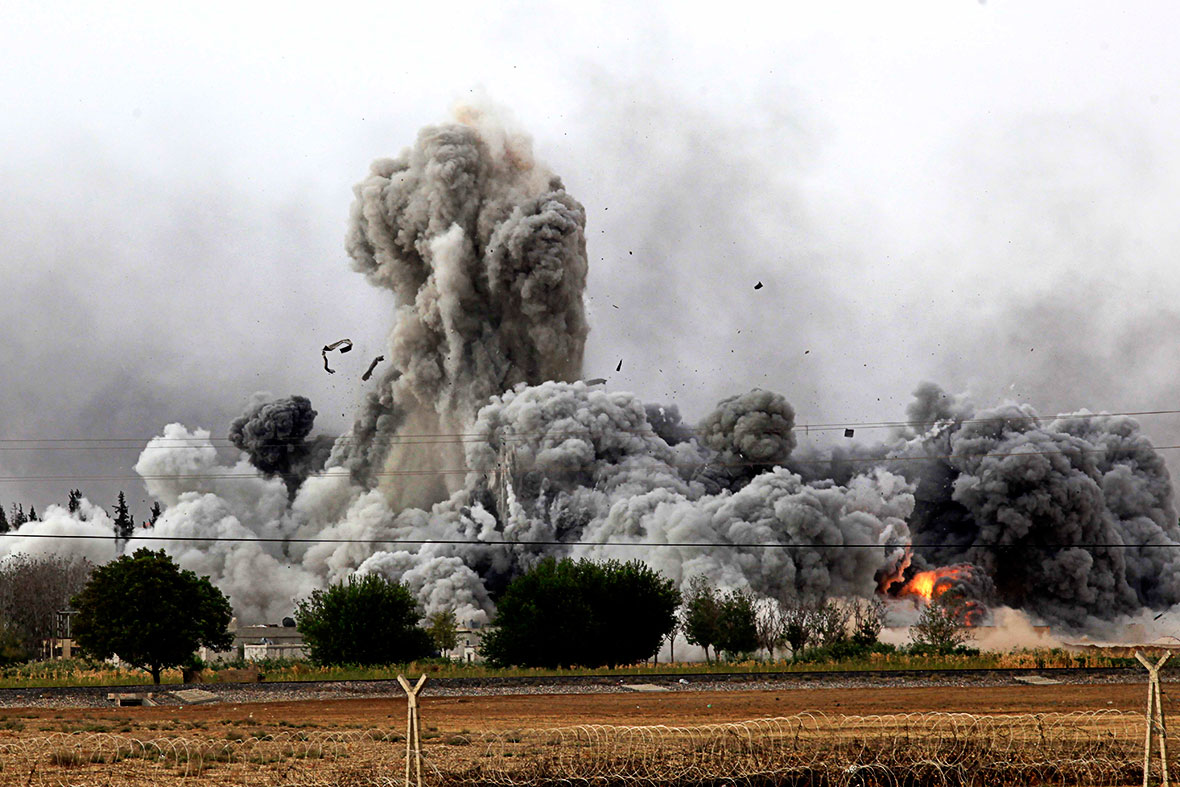‘Twice witness to Nakba’: Gaza grandmother’s story of survival and death in 1948 and 2024
09/26/2024 / By News Editors
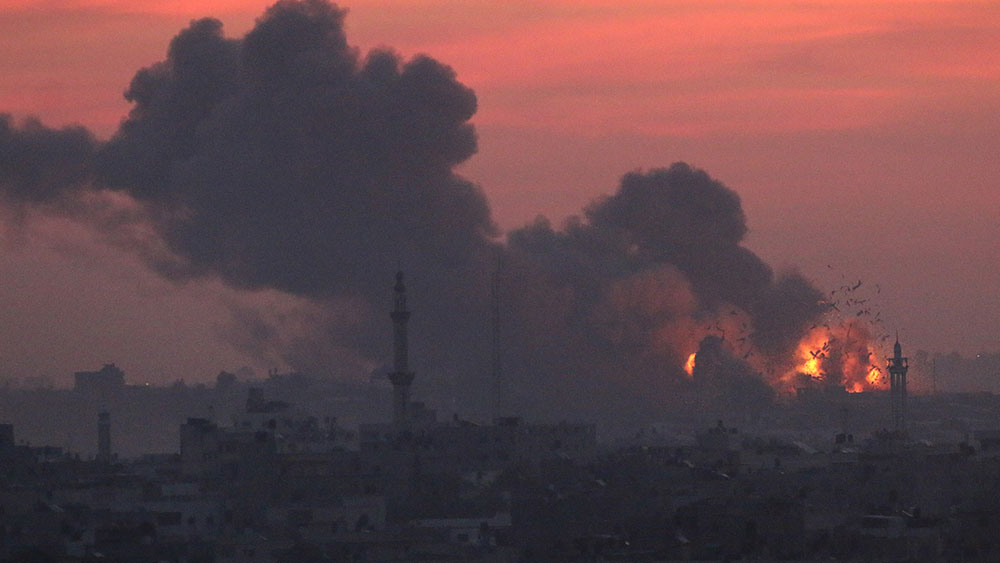
Halima Abu Dayya thought she lived the worst day of her life when Zionist militias expelled her from her home during their ethnic cleansing campaign of Palestine in 1948, known to Palestinians as the Nakba.
(Article by Maha Hussaini republished from MiddleEastEye.net)
But that day turned out to be merely a glimpse of the hardships she endured during the ongoing Israeli campaign of bombardment, starvation and forced displacement in Gaza. Hardships that eventually led to her death in Gaza City, according to her family.
Middle East Eye spoke to the grandmother, a resident of Gaza City, in 2018, when she was 91. Then, she recalled her forced displacement from her home in Dayr Sunayd, a village in the Gaza subdistrict, as Zionist massacres and destruction of Palestinian towns paved the way for the creation of the state of Israel.
“We were forced at gunpoint to get in cars that drove us to a place near the borders with Gaza, where we stayed for three days, and then were moved again to the Gaza Strip,” Abu Dayya told MEE at the time.
“I had three children and was pregnant when we were displaced. It was the hardest day of my entire life.”
As the ongoing, year-long Israeli war on Gaza escalated, MEE contacted Abu Dayya’s family for another interview.
The family said Abu Dayya was displaced over 10 times in nearly seven months. They struggled to provide her with food during the Israeli-triggered famine in northern Gaza earlier this year, as she couldn’t eat the bread made from animal fodder – the only food available at the time.
And ultimately, she passed away.
Haunting fear of leaving
Afnan Abu al-Qumsan, Abu Dayya’s granddaughter, accompanied her during her multiple displacements. She recalled her grandmother’s final days as being filled with confusion: as her Alzheimer’s kept getting worse, Abu Dayya began to think her son was her father.
“She was constantly asking about her home town and the orchard [owned by her family before the Nakba],” Qumsan told MEE.
The first displacement was to a neighbour’s home, Qumsan added, after their area, al-Tawam in northwestern Gaza City, was carpet-bombed by Israeli fighter jets.
“We took refuge with our neighbours in their basement and reached out to the Red Cross, but they could only make it [to our area],” the 29-year-old said.
“It was difficult for us to move, especially with the fire belts, which didn’t stop. Even an ambulance that came for one of our neighbours was bombed as soon as it reached them.”
Abu Dayya and her family moved multiple times between different neighbourhoods in Gaza City in the following months, adjusting to the incursions of Israeli troops.
While hundreds of thousands of residents were forced to move to the central and southern parts of the Gaza Strip following Israeli ejection orders, Abu Dayya’s family preferred to stay in the north, fearing a repeat of the Nakba.
The Nakba, or “catastrophe” as it is known in English, refers to the ethnic cleansing of some 750,000 Palestinians from their lands and homes in historic Palestine to make way for the creation of Israel in 1948.
Qumsan said that her grandmother still carried a haunting fear of leaving her home behind, just as she did 76 years earlier.
“She would constantly ask why we left the house, demanding to be taken back and asking about her belongings and clothes. Almost every morning, she asked to return home,” Qumsan told MEE.
“Every house we entered confused her, and she kept asking where she was, pleading to go back.”
In 1948, Abu Dayya was pregnant with Qumsan’s father, moving from one area to another while carrying him in her womb. During this current war, her 76-year-old son reversed the roles, carrying his elderly mother during the multiple displacements.
“Grandma couldn’t walk, so she needed a wheelchair, and someone had to carry her. My dad carried her with the help of my 12- and 14-year-old nephews,” Qumsan said.
“One time, on 29 March, we left the al-Shifa Hospital area in the early morning of Ramadan while fasting, having gone days without sleep, food, or clean water. There was a tank in the street.
“We left with our neighbours, but we were the last to move because we had to carry Grandma, and it was hard to push the wheelchair. They fired shells towards us after we crossed the intersection, but God spared us. The streets were filled with rubble, and her feet were injured.”
An ‘even worse’ Nakba
Abu Dayya lived through two major displacements – the Nakba and the current war on Gaza – and her granddaughter says this one “might be even worse” than 1948.
“She was twice witness to the Nakba. In 1948, she was displaced once from Deir Sunayd to Gaza. But during this war, she was displaced about 10 times. At her old age and with her inability to walk, the displacement was a thousand times harder for her.
“Every time we fled, the devastation and shelling left her in shock and tears. Sometimes, she saw martyrs lying in the streets.”
The scenes triggered painful memories for Abu Dayya, which her children and grandchildren had heard many times before.
During the Nakba, the shelling was heard everywhere, she would tell them.
The terror was also at its peak, especially after the news of the Deir Yassin massacre spread.
The massacre was committed on 9 April 1948 by Zionist militiamen who went house to house, killing more than 100 people in the small Palestinian village near Jerusalem, despite having agreed to an earlier truce. Many of those killed were women, children and the elderly.
“During that time, they heard that pregnant women in Deir Yassin were being killed or forced to miscarry,” Qumsan said.
“I think this only increased her fear, of being pregnant and having children with her. They were forced out at gunpoint, under bombardment, to Gaza.”
Today, nearly two million Palestinians are internally displaced in Gaza.
Abu Dayya told her grandchildren that when she left her home in Deir Sunayd, she thought that she would return in a few days.
“[We] dug a pit and put our clothes in it, thinking we would return. We didn’t,” Abu Dayya said in a video recorded by her grandchildren and seen by MEE.
For months, Israel’s military has prevented or severely restricted the entry of essential, life-saving food into the northern parts of the Gaza Strip, ultimately causing widespread famine that claimed the lives of many Palestinians, particularly children and the elderly.
Like most elderly people in Gaza, Abu Dayya’s health deteriorated rapidly during that period.
“In her last days, she stayed with us at my sister’s house in the Sheikh Radwan neighbourhood. Her health began to deteriorate, especially with the lack of basic necessities like fruits, vegetables, milk, or yoghurt,” Qumsan recalled.
There was a time when we only had bread made from animal fodder, which she couldn’t eat. Both she and my father became weaker from their age and the continuous displacement without proper transportation.”
Returning to Haifa
Abu Dayya died on Sunday 26 May.
Initially, the family were going to bury her in a stadium-turned-mass grave for people killed in the current war, due to the danger of reaching the Sheikh Radwan Cemetery.
But the family took the risk and made their way to the cemetery, burying her next to her husband, Mahmoud Moussa Abu al-Qumsan.
At the time of her death, Abu Dayya was separated from most of her family, as some of her daughters and one of her sisters had fled to southern Gaza, while most of her sons were abroad.
“After her death, we returned to [our neighbourhood] al-Tawam. A large part of the house was destroyed, and the area was almost deserted. Most people had gone south, or their homes were completely wiped out,” Abu al-Qumsan recalled.
She spoke of how, despite the family’s constant efforts to comfort her grandmother and help her move past the traumatic memories of the Nakba, the conditions she endured during the war kept triggering her.
“She couldn’t sleep at night, waking up startled by the sound of bombings. Whenever there was shelling during our displacement, she became terrified of the sound and the destruction, saying, ‘The [Israelis] are going to bomb us,’” she explained.
“Before the war, Grandma loved the series ‘Returning to Haifa’, based on Ghassan Kanafani‘s novel about the Nakba. She used to watch it with me on the phone and would always ask about Safiya [a Palestinian refugee], and whether she found her lost son.
“She would cry for them as if they were her own family.”
Read more at: MiddleEastEye.net
Submit a correction >>
Tagged Under:
big government, chaos, current events, democide, ethnic cleansing, evil, genocide, Halima Abu Dayya, Holy War, humanitarian, insanity, Israel, Israel-Hamas war, nakba, national security, Palestine, real history, terrorism, Twisted, violence, World War III, Xpost
This article may contain statements that reflect the opinion of the author
RECENT NEWS & ARTICLES
COPYRIGHT © 2017 HUMANITARIAN NEWS

